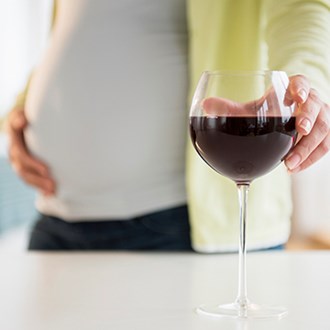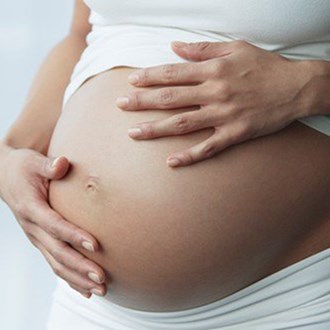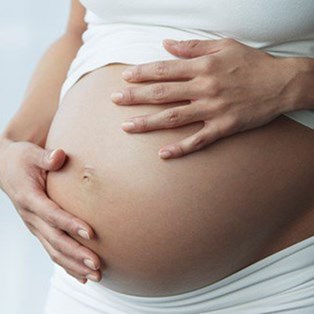Food and fertility – what you need to know!

Give yourself the best possible chance of conceiving.
By Livia Gamble
March 27 2017
When it comes to falling pregnant, your food choices play a big part in giving your body the best possible chance of conceiving.
Fertility expert, Dr David Knight from Demeter Fertility has spent the last 20 years researching the effects of diet on health and reproduction.
“Considering eggs and sperm take approximately 120 days to mature, diet is an essential foundation of fertility,” said Dr Knight. “We’ve heard for decades that eating a balanced diet is important, but there are two compounds in certain foods that are essential to maximising health at all life stages. These are compounds called polyamides and isoflavones”.
Adding, “Simply, they should be part of any diet for both women and men who trying to conceive.”
Polyamines
Polyamines are essential for embryo and foetal development growth and cell proliferation. The highest levels of polyamines can be found in fresh grapefruit juice, orange juice, sauerkraut and oranges. “I recommend a woman eat a grapefruit and orange everyday if they are trying to fall pregnant,” says Dr Knight. Adding, “As we age, the rate in which our bodies naturally produce polyamides decreases, so it’s imperative to consume these foods.”
Isoflavens
Isoflavens are powerful antioxidants found in soy products. Recently published studies in the journal Fertility and Sterility show that consuming soy as part of your preconception diet was positively related to the probability of having a viable pregnancy. In fact, consuming more than 20-40mg a day, doubled pregnancy rates. “If you want to get enough soy into your diet, I recommend eating 220g of tofu, two cups of cooked soybeans, 56g of soy flour and drinking three cups of soy milk,” says Dr Knight.
Fruit and vegetables
Additionally, fresh fruit and vegetables, in particular brightly coloured and green leafy vegetables, such as broccoli are important, as they are high in folate and magnesium. Essential nutrients that the body needs to host a suitable environment for a baby to develop. “Aim for five big handfuls a day,” says Dr Knight. While zinc, is one of the most important nutrients for both female and male fertility. Oysters, lean red meat and sunflower seeds are packed with zinc (as well as polyamines), which make them a perfect addition to a fertility-boosting diet.
Good fats
Finally, it’s important to consume good fats, including monounsaturated, polyunsaturated and omega-3 fatty acids. These healthy fats can be found in nuts, avocado, seeds such as sesame and pumpkin, sardines and salmon. “Include a serve of oily fish 2-3 times a week in your diet and it will help your body get the essential fatty acids that it needs to be healthy,” says Dr Knight.
A diet rich in healthy and wholesome foods will ensure the maximum amount of vitamins and minerals are absorbed into the bloodstream, helping to create a prime environment for conception.













